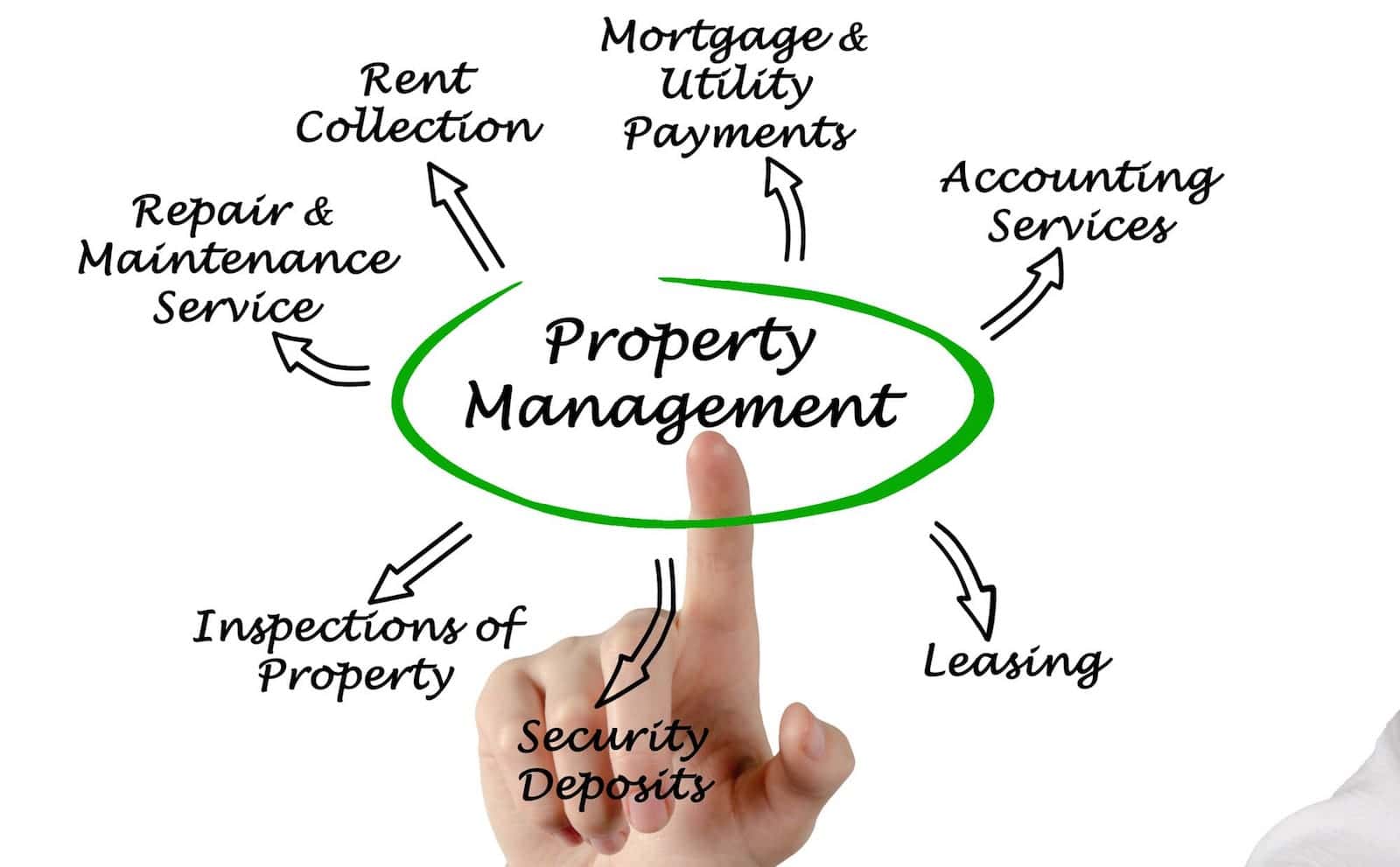New York City, often referred to as “The Big Apple,” is a bustling metropolis known for its iconic skyline, diverse neighborhoods, and vibrant culture. It’s a place where millions of people call home, making it one of the most densely populated cities in the world. With such a dynamic and diverse population, effective tenant management is essential to ensure that residential buildings in NYC run smoothly, maintain harmony, and comply with various regulations.
In this blog, we will delve into the importance of tenant management in NYC and how it plays a pivotal role in maintaining the quality of life for both tenants and landlords.
Compliance with NYC Housing Laws
New York City has a complex web of housing laws and regulations in place to protect the rights of both tenants and landlords. From rent control and rent stabilization laws to building safety codes, these regulations are designed to ensure fair housing practices and maintain the city’s housing infrastructure.
Tenant managers play a vital role in helping landlords navigate these intricate laws. They ensure that rental properties adhere to rent guidelines, oversee building inspections, and help landlords stay informed about any new or updated housing laws. By staying in compliance, landlords can avoid costly legal issues and fines.
Conflict Resolution and Communication
Tenant disputes and conflicts can quickly escalate in a densely populated city like NYC. These issues can range from noise complaints and maintenance requests to disagreements over lease terms. Tenant managers act as intermediaries, facilitating effective communication between landlords and tenants.
By addressing concerns promptly and professionally, tenant managers can prevent minor issues from becoming major disputes. Their role in conflict resolution helps maintain a peaceful living environment, which is crucial in NYC’s close-knit communities.
Property Maintenance and Repairs
New York City’s diverse climate, from sweltering summers to harsh winters, can take a toll on residential buildings. Tenant managers oversee property maintenance and repairs, ensuring that buildings are kept in good condition. Regular maintenance not only enhances the quality of living but also helps protect the property value.
Tenant managers coordinate repairs, schedule routine maintenance checks, and ensure that landlords comply with safety regulations. This proactive approach keeps buildings safe and habitable for tenants, which is especially important in a city prone to extreme weather events.
Tenant Screening and Lease Management
Tenant managers play a crucial role in tenant screening and lease management. They assist landlords in selecting qualified tenants by conducting background checks, verifying references, and evaluating financial stability. This process helps reduce the risk of rent arrears and property damage.
Additionally, tenant managers oversee lease agreements, ensuring that terms and conditions are transparent and enforceable. This helps prevent misunderstandings and potential legal issues down the road.
Emergency Response and Security
In a city that never sleeps, emergencies can happen at any time. Tenant managers are often the first point of contact for tenants during emergencies, such as fires, floods, or security breaches. Their quick response and coordination with emergency services can save lives and prevent property damage.
Moreover, tenant managers can implement security measures to safeguard the building and its occupants. This can include access control systems, surveillance cameras, and secure entry points, helping tenants feel safe in their homes.
Tenant management is not just a luxury but a necessity in a city as vibrant and complex as New York City. It plays a pivotal role in maintaining the quality of life for both tenants and landlords. From ensuring compliance with housing laws to resolving conflicts and overseeing property maintenance, tenant managers are essential in keeping NYC’s residential buildings running smoothly.
By investing in professional tenant management, landlords can protect their investments, reduce legal risks, and create a harmonious living environment for their tenants. In the Big Apple, where the demands of city life are high, effective tenant management is a key component in making the city a great place to call home.


